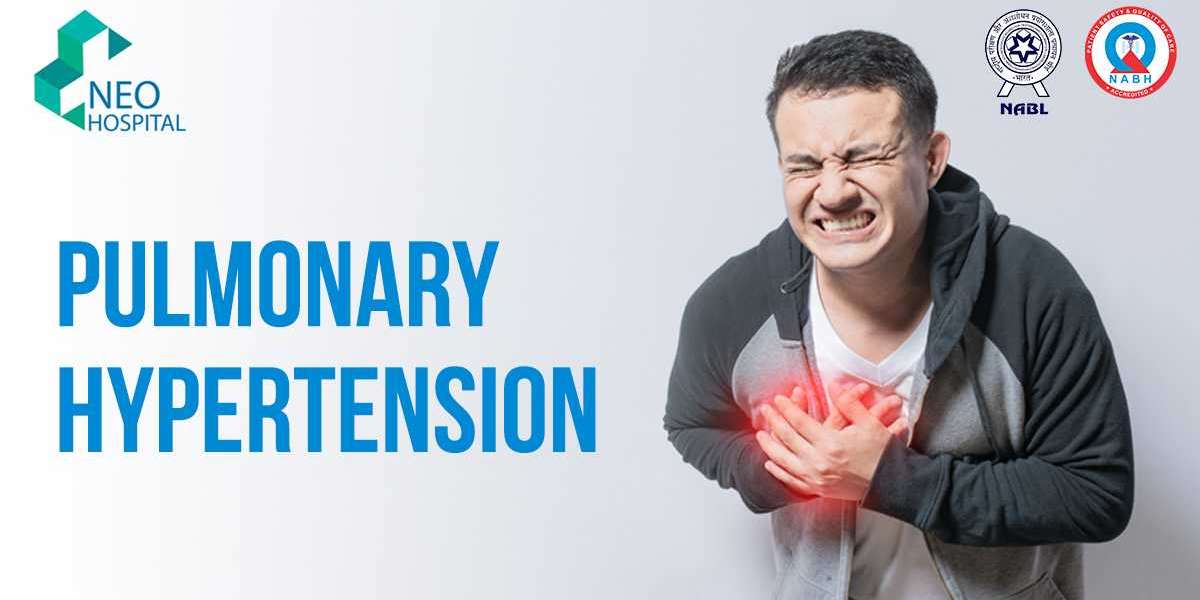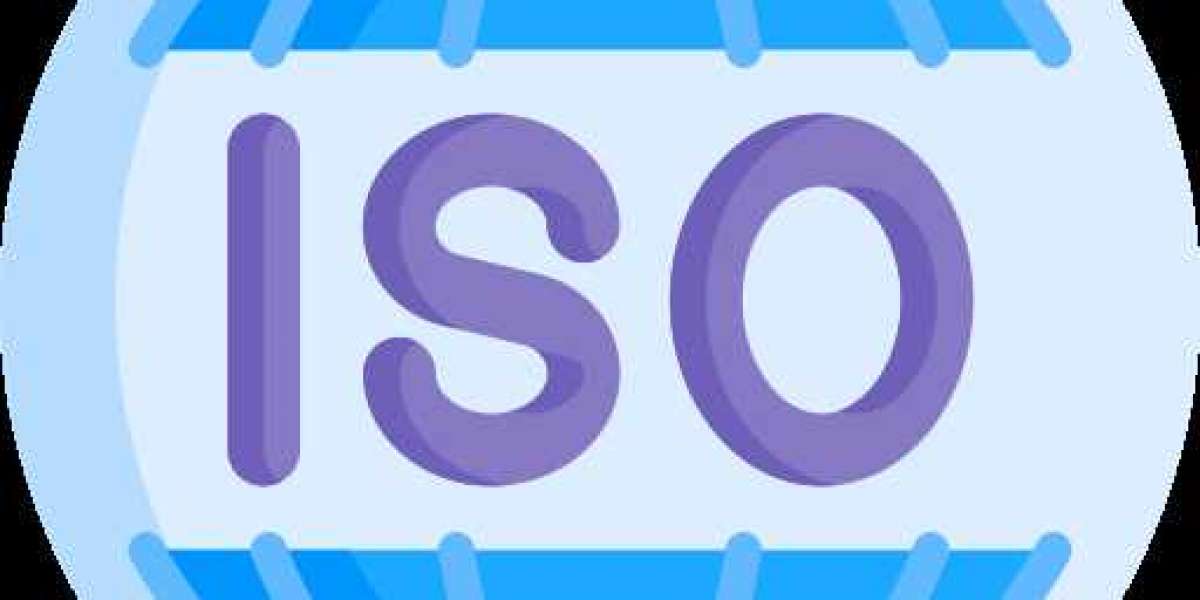Pulmonary hypertension (PH) is a serious medical condition that affects the blood vessels in the lungs, causing high blood pressure in the pulmonary arteries. This condition can lead to various complications and significantly reduce a person's quality of life. This article will explore the causes, symptoms, and treatment options for pulmonary hypertension.
What is Pulmonary Hypertension?
Pulmonary hypertension is a rare but life-threatening condition in which the blood vessels in the lungs become narrowed, thickened, or blocked. This makes it harder for blood to flow through the pulmonary arteries, leading to increased pressure in the lungs. As a result, the right side of the heart must work harder to pump blood into the lungs, which can eventually lead to heart failure. That is why everyone should take this seriously and consult the best Pulmonologist in Noida at Neo Hospital.
Causes of Pulmonary Hypertension
There are several underlying causes of pulmonary hypertension, including:
- Idiopathic Pulmonary Hypertension (IPAH): This form of PH has no identifiable cause and is often diagnosed in young adults.
- Hereditary Pulmonary Hypertension: Some individuals may have a genetic predisposition to develop pulmonary hypertension.
- Connective Tissue Diseases: Conditions such as scleroderma and lupus can contribute to PH.
- Left Heart Disease: Heart conditions such as congestive heart failure can lead to increased pressure in the pulmonary arteries.
- Chronic Lung Diseases: Conditions like chronic obstructive pulmonary disease (COPD) and interstitial lung disease can cause PH.
Symptoms of Pulmonary Hypertension
The symptoms of pulmonary hypertension can be subtle in the early stages but become more pronounced as the disease progresses. Common symptoms include:
- Shortness of breath, especially during physical activity.
- Fatigue and weakness.
- Chest pain or discomfort.
- Rapid heartbeat.
- Dizziness or fainting spells.
- Swelling in the ankles, legs, or abdomen.
If you or someone you know is experiencing these symptoms, it's crucial to seek medical attention promptly.
Diagnosis and Treatment
Diagnosing pulmonary hypertension requires a comprehensive evaluation by a healthcare professional, such as a pulmonologist or cardiologist. They may perform tests such as echocardiography, right heart catheterization, and lung function tests to confirm the diagnosis and determine the underlying cause.
Treatment for pulmonary hypertension aims to manage symptoms, slow down the progression of the disease, and improve overall quality of life. Treatment options may include:
- Medications: Various medications can help relax and dilate the pulmonary arteries, reducing blood pressure and improving blood flow.
- Oxygen Therapy: Supplemental oxygen may be prescribed to alleviate shortness of breath and improve oxygen levels in the blood.
- Lifestyle Changes: Patients are often advised to adopt a heart-healthy lifestyle, including regular exercise, a balanced diet, and smoking cessation.
- Surgery: In severe cases, surgical procedures such as lung transplantation or inserting a pulmonary artery catheter may be necessary.
In conclusion, pulmonary hypertension is a complex and potentially life-threatening condition that requires prompt diagnosis and treatment. If you or a loved one is experiencing symptoms suggestive of PH, seek medical attention from a qualified pulmonologist or cardiologist. Early intervention can help manage the condition effectively and improve the patient's prognosis. Remember that timely medical care is essential, and the best hospitals in Noida, like Neo Hospital, can provide expert care for pulmonary hypertension patients in the region. Consulting with a healthcare professional is the first step toward managing this challenging condition and improving overall health and well-being.
Read More...








